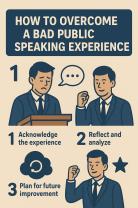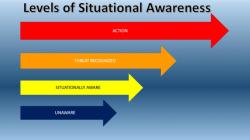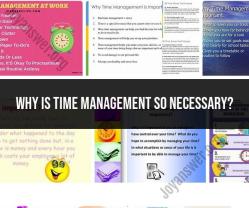What are some examples of negative attitude?
Negative attitudes can manifest in various ways and can be detrimental to personal and professional relationships. Here are some examples of negative attitudes:
- Complaining: Constantly expressing dissatisfaction without offering solutions.
- Pessimism: Always expecting the worst outcomes and focusing on potential problems.
- Cynicism: Distrusting others' intentions and believing in the worst possible motives.
- Blame-Shifting: Refusing to take responsibility and instead attributing failures to others.
- Sarcasm: Using mocking or ironic remarks to convey contempt or criticism.
- Stubbornness: Being unwilling to consider alternative viewpoints or change one's stance.
- Hostility: Displaying aggression or unfriendly behavior towards others.
- Neglecting Responsibilities: Avoiding tasks or responsibilities, leading to frustration in a team.
- Gossiping: Engaging in negative conversations about others behind their backs.
- Indifference: Showing a lack of interest or concern for others' opinions or feelings.
It's important to address and change negative attitudes to foster a more positive and productive environment.
Unpacking Examples of Negative Attitudes in Different Contexts:
1. Personal Life:
- Pessimism: Always expecting the worst in any situation, regardless of evidence.
- Complaining: Constantly voicing dissatisfaction without actively seeking solutions.
- Cynicism: Mocking or belittling others' optimism and positive efforts.
- Defensiveness: Reacting with anger or blame when challenged or confronted.
- Victim mentality: Feeling like life is unfair and blaming external factors for personal unhappiness.
2. Professional Life:
- Negativity towards work: Showing apathy or resistance to assigned tasks.
- Criticism without purpose: Offering feedback solely to point out flaws without constructive suggestions.
- Gossiping: Spreading negativity and distrust among colleagues.
- Resistance to change: Refusing to adapt to new procedures or challenges.
- Dishonesty: Taking shortcuts or engaging in unethical behavior.
3. Romantic Relationships:
- Constant negativity: Focusing on what's wrong with the partner or the relationship.
- Emotional withdrawal: Shutting down communication and intimacy.
- Jealousy and possessiveness: Obsessively monitoring the partner's actions and controlling their behavior.
- Narcissism: Demanding constant attention and validation, lacking empathy.
- Passive-aggressiveness: Indirectly expressing anger or resentment through subtle actions.
How Negative Attitudes Manifest in Relationships and Workplaces:
- Strained relationships: Negativity can push others away and create conflict.
- Decreased productivity: Negative attitudes can lower morale and motivation, hindering performance.
- Missed opportunities: Negativity can prevent individuals from taking risks or exploring new possibilities.
- Toxic environment: Chronic negativity can create a stressful and unpleasant atmosphere for everyone around.
Overcoming Negative Attitudes for Personal Growth:
- Self-awareness: Recognizing your own negativity and its triggers.
- Challenge negative thoughts: Questioning the validity of pessimistic assumptions.
- Practice gratitude: Focusing on the positive aspects of life and relationships.
- Active listening: Genuinely seeking to understand others' perspectives.
- Develop coping mechanisms: Find healthy ways to manage stress and negative emotions.
- Seek help: Talking to a therapist or counselor can provide valuable support and guidance.
Remember, overcoming negativity is a process that takes time and effort. Be patient with yourself, celebrate small victories, and keep moving forward towards a more positive and fulfilling life!












